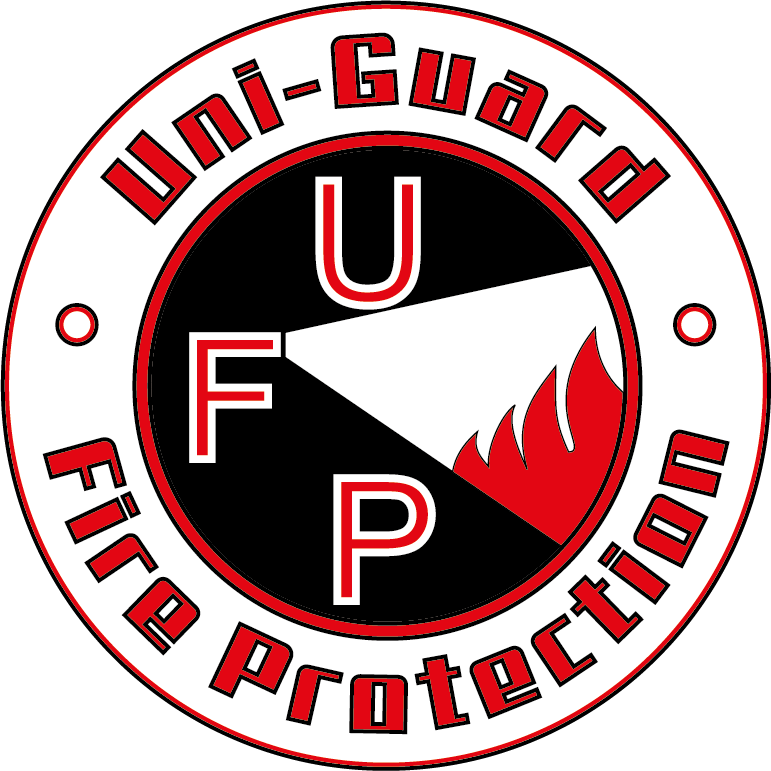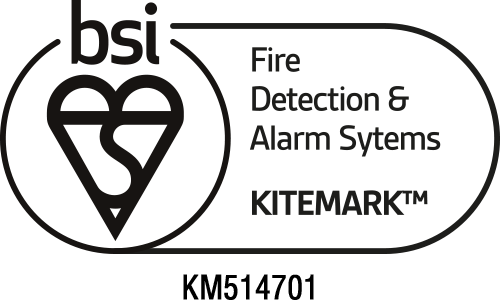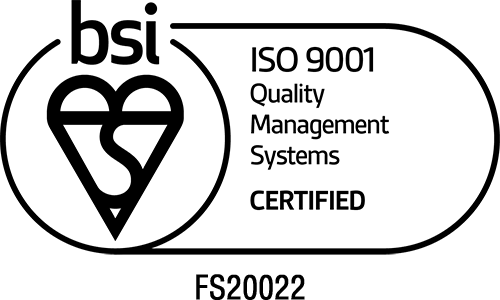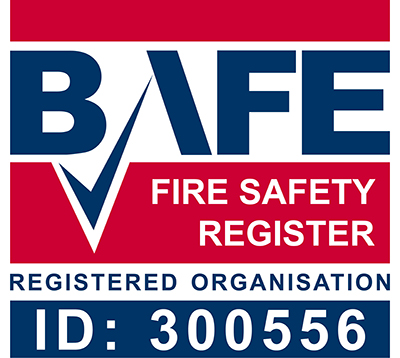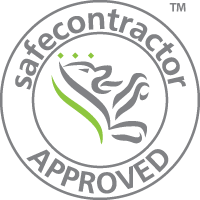Fire Safety
Staff should be provided with fire training when first inducted to the company and this should be followed up with regular refresher training. Staff should also be provided with training when exposed to a new or increased risk as a result of a change in responsibilities, new or a change of equipment they use, introduction of new technology and a new or change to the system of work.
For more information on training please feel free to contact us.
Your local fire and rescue service is responsible for enforcing legislation; they can audit your premises and will look at your risk assessment to see if it effectively covers your premises. They have the statutory duty to audit your premises and it is the responsibility of the owner/employer to ensure that all levels of fire safety are compliant with the Regulatory Fire Safety Order.
If a fire was to occur on your premises fire authorities will investigate fires and will prosecute for breaches of the Fire Safety Order 2005.
If you are a Uni-Guard customer please call 023 9247 0711 for assistance. During office hours we will ensure a technician contacts you to see if your problem can be resolved over the phone; this means you will not be charged a call out fee. For out of hour’s assistance please call the same number and it will give you a number to call.
Buying or sourcing your own extinguishers from the Internet looks a cheaper option and much more appealing on the surface but do you fully know all of the costs involved?
Firstly find out where the extinguishers are sourced from and what guarantees, spare parts and refills are available for the future. If the extinguisher does not conform to UK requirements a competent service technician will not be able to service it. Extinguisher servicing is required every 12 months to comply with manufacturer’s instructions.
New extinguishers need to be installed and commissioned – this is not optional! The manufacturer’s instructions will state that the unit must be installed and commissioned as per BS5306 parts 3 and 8. All competent companies will charge to install and commission the extinguisher(s).
The leaflet below explains fully the implications of buying from the internet and gives an example of the cost.
Virtually all premises require a risk assessment (including all building structures, homes in multiple occupancy and open space but excluding private domestic residence). If you have more than five employees your risk assessment must be documented and all risk assessments must be kept up to date particularly if there is reason to suspect that it is no longer valid and/or if there has been significant changes in the matters to which it relates including if the premises undergoes extensions, conversions and other such significant changes.
For any premises with sleeping accommodation you must conform to the HMO (Housing in Multi Occupancy) legislation; Click here for assistance.
To find more information about risk assessments please click here.
Can you from any final exit quickly let everyone in the building know there is a fire? If not then you need a fire detection system/alarm. You will establish if you need a fire alarm from your risk assessment and we are always happy to come to your premises and talk through your fire alarm options.
According to BS5839-1:2017, your fire alarms should be serviced by a qualified technician at least every six months. It is your responsibility to routinely check the alarm system (this is usually once a week) and record the results in your log book.
As shown on the Regulatory Reform (Fire Safety) Order 2005 ‘the meaning of “responsible person” is as follows:
In this Order “responsible person” means –
(a) in relation to a workplace, the employer, if the workplace is to any extent under his control;
(b) in relation to any premises not falling within paragraph (a) –
(i) the person who has control of the premises (as occupier or otherwise) in connection with the carrying on by him of a trade, business or other undertaking (for profit or not); or
(ii) the owner, where the person in control of the premises does not have control in connection with the carrying on by that person of a trade, business or other undertaking.
Click here to read The Regulatory Reform (Fire Safety) Order 2005. We would advise reading this document as it provides valuable information on what being a ‘responsible person’ means and what is required from that person.
In short the responsible person must ensure the safety of employees and other relevant persons by managing:
- Fire safety policies and procedures
- Fire risk assessment
- Fire drills and regular checks
- Means of escape
- Fire Alarms and Emergency Lighting
- Fire Doors and Compartments
- Fire Extinguishers and Signs
- Maintenance of fire protection and procedures
The responsible person has a considerable duty and if you are the responsible person it is essential that you take your responsibility seriously as you will be liable if you are not following correct procedures.
Since the 1st October 2006 the Regulatory Reform (Fire Safety) Order 2005 came into force and replaces over 118 previous Fire at Work statues, including fire certificates. This legislation applies to the majority of premises and workplaces in the UK and firmly places the responsibility for compliance on a responsible person. This nominated person is responsible for carrying out and producing a risk assessment for the premises, create a policy and use this to develop procedures, provide staff training and practice fire drills and evacuations.
It is the responsibility of the responsible person to provide clear means of escape, signs and notices, fire detection and alarms, emergency lighting and the appropriate fire fighting equipment. If the responsible person does not comply with the RRFSO 2005 they could be prosecuted possibly facing a fine/prison sentence as well as putting their customers, staff, stakeholders and livelihood at risk. For more information on the RR(FS)O CLICK HERE to view the legislation in full.
Your local fire and rescue service is responsible for enforcing legislation; they can audit your premises and will look at your risk assessment to see if it effectively covers your premises.
